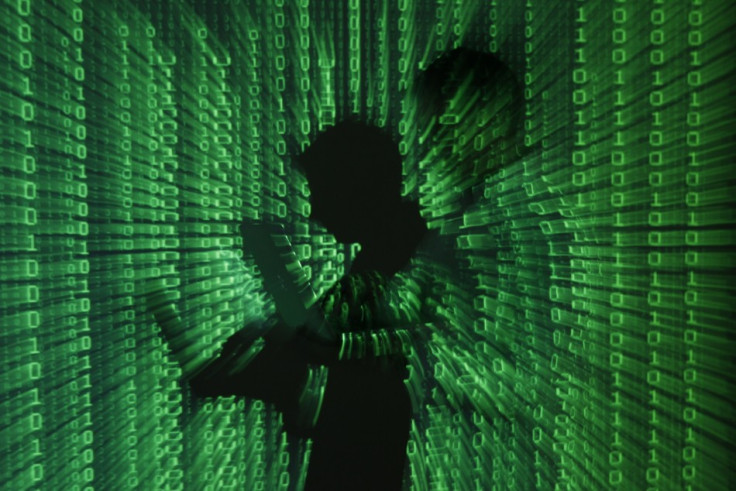Cyber Attacks 'Could Switch off Pacemakers and Cause Pile-Ups by 2020'

Cyber criminals and terrorists could wreak havoc by sabotaging our economic infrastructure and even health support systems as society becomes more reliant on wireless computer networks, according to a report by Europol.
At a two-day conference in Geneva, representatives from law enforcement agencies including Interpol and Europol, as well as NGOs, technology experts and figures from the private sector, discussed our growing exposure to cyber attacks, and strategies for defending against them through closer co-operation.
In the Project 2020 report, which was drawn up by experts at Europol's European Cybercrime Centre and the International Cyber Security Protection Alliance (ICSPA), future threats are identified.
John Lyons, chief executive of the International Cyber Security Protection Alliance, told the Telegraph: "We don't just have to ask ourselves 'how can we fight these threats', but also 'who will fight them?'
"To meet the challenges of cybercrime, we need to become more creative and flexible. We must make sure law enforcement, criminal justice, governments and business pull in the same direction, but they have to do so without trampling on their citizen's expectations of privacy and anonymity.
"With Project 2020 we don't predict the future, but we ask the questions that need to be answered to keep us all safe."
The authors anticipate that by 2020 our reliance on technology will be such that in some instances the boundaries between cyber crime and physical crime will be blurred. With an increasing number of medical implants, such as pacemakers and insulin drips, operating wirelessly, patients could be killed by criminals interfering with the network.
The report anticipates us becoming increasingly dependent on vehicles controlled through the internet, with unmanned trucks making deliveries for businesses, and wireless communications being used for traffic management.
Our transport system could be plunged into chaos and deliveries rerouted to the black market by criminals infiltrating the web systems they rely on, warn the authors.
They anticipate that such chaos could be triggered by cyber attacks from other states, and could even be considered acts of war.
Rik Ferguson, global VP of security research at Trend Micro, said: "The future of technology, its uses and abuses will affect every one of us."
© Copyright IBTimes 2024. All rights reserved.







